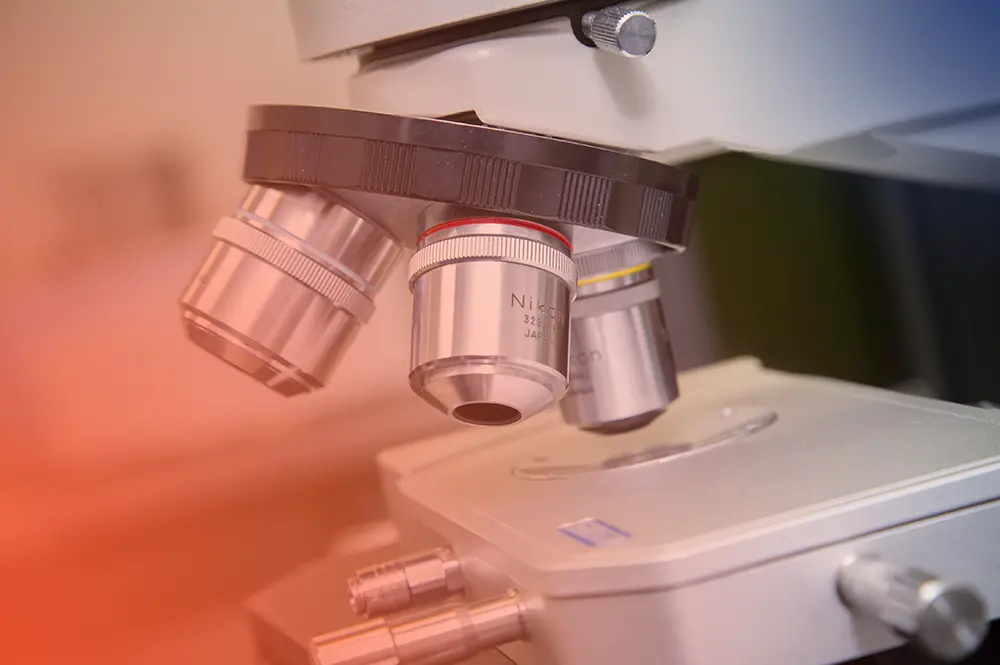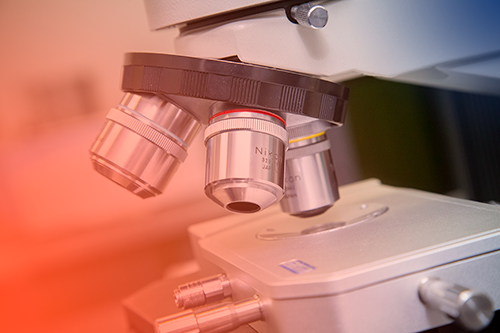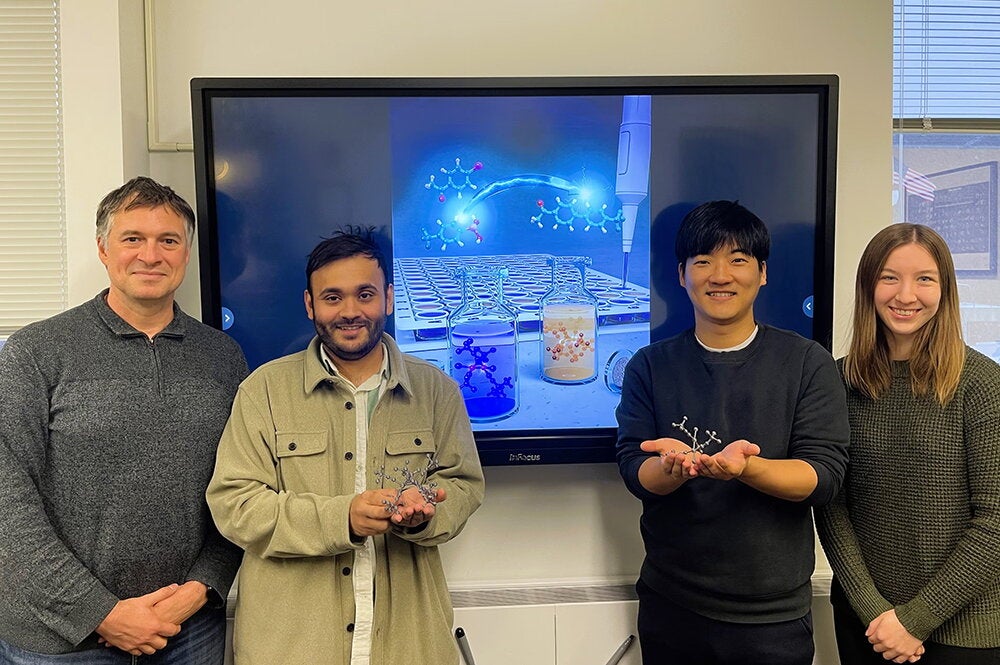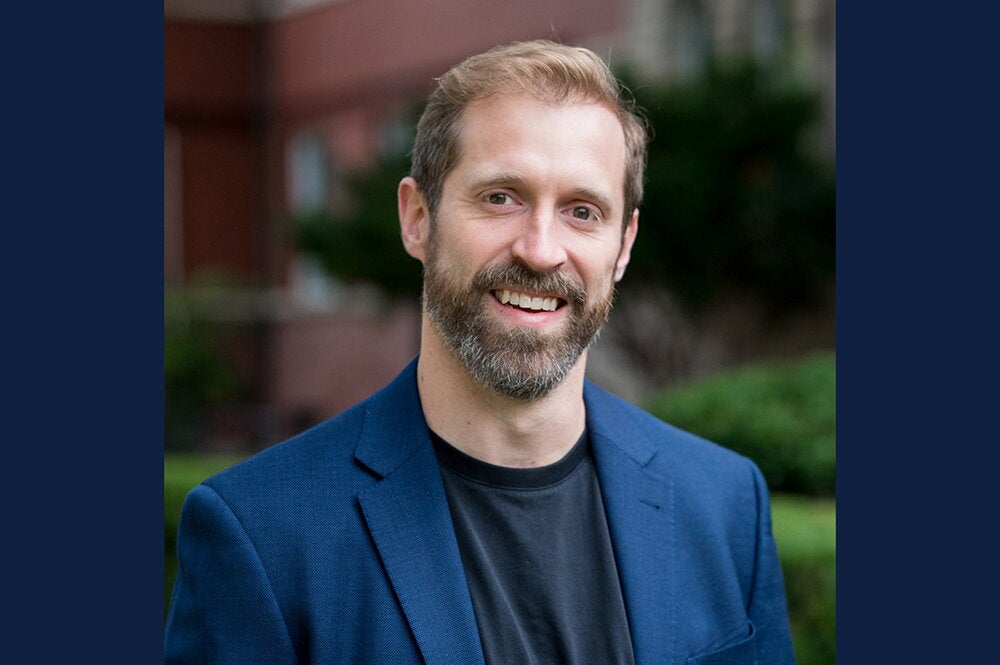

Dozens of professors in the College of LAS rank among the most-cited researchers in the world in a new, widely hailed analysis designed to provide a clearer view of scientific and scholarly impact.
According to datasets published in PLOS Biology, 125 LAS professors rank among the top 100,000 most-cited researchers since the mid-1990s. The dataset includes about 8 million researchers worldwide—active, retired, or deceased—who published at least five papers in their career. Another 28 LAS professors outside of the top 100,000 are still ranked among the top 2 percent of most-cited researchers in their fields.
The datasets were compiled by John Ioannidis, a physician at Stanford University in California who specializes in meta-science; Richard Klavans and Kevin Boyack at analytics firm SciTech Strategies; and Jeroen Baas, director of analytics at the Amsterdam-based publisher Elsevier. The data come from Elsevier’s proprietary Scopus database, with the authors ranking researchers based on six citation metrics.
The study came in response to longstanding difficulties in interpreting citation impact among researchers. According to the authors, misinterpretations in citation impact stems from several issues, including inaccurate self-reported data, unclear comparisons between fields, and inconsistent availability of research profiles. This study took measures to remove the impact of self-citation, for example, when researchers cite their own work. Nature magazine called the study the largest collection of self-citation metrics ever published.
“We have tried to offer a solution to overcome many of the technical problems and provide a comprehensive database of a sufficiently large number of most-cited scientists across science,” the authors wrote. The study was last updated with data in May 2020. Other datasets in the study are more focused on citations over a single year.
According to the study, the most-cited LAS researcher since the mid-1990s is the late Carl Woese, professor of microbiology who is best known for his discovery of archaea, a third domain of life. He is the namesake of the Carl R. Woese Institute for Genomic Biology. Ranked 650 on the list, Woese passed away in 2012. Next on the list is Kenneth Suslick, in the Department of Chemistry, ranked 833.
Other LAS professors ranked in the top 10,000 on the list include Catherine Murphy, chemistry, 1,648; Harry Triandis (deceased), psychology, 2,171; Jeffery Moore, chemistry, 2,424; Scott Denmark, chemistry, 2,599; Stephen Long, plant biology, 2,851; James Imlay, microbiology, 3,096; Gene Robinson, entomology, 4,284; Benita Katzenellenbogen, molecular and integrative physiology and cell and developmental biology, 4,342; Edward McAuley (emeritus), psychology, 5,455; John Cronan, microbiology and biochemistry, 6,107; Yi Lu, chemistry, 6,384; Brent Roberts, psychology, 6,901; Ralph Nuzzo, chemistry, 7,916; and Hugh Robertson (emeritus), entomology, 9,041.


